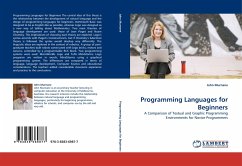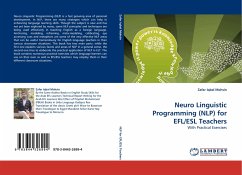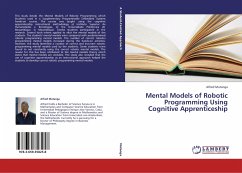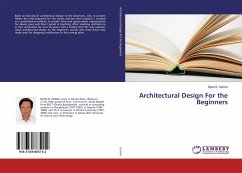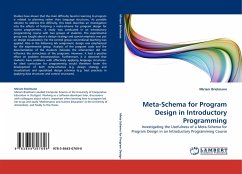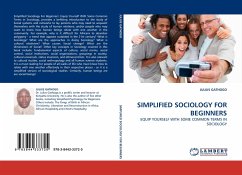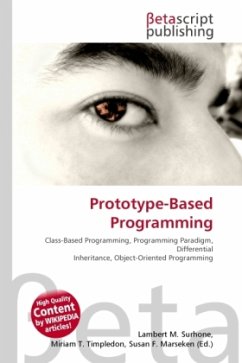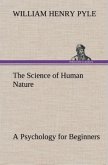Programming Languages for Beginners The central idea of this thesis is the relationship between the development of natural language and the design of programming languages for beginners. Dartmouth Basic was designed to be as English-like as possible, whereas Logo was designed as a new way of talking about Mathematics. Two main theories of language development are used: those of Jean Piaget and Noam Chomsky. The implications of choosing each theory are explored. Logo s syntax accords with Piaget s Constructivism, but if Chomsky s Selectivist theory is followed the syntax would develop very differently. The linguistic ideas are explored in the context of robotics. A group of post-graduate teachers built robots constructed with Lego bricks, motors and sensors, controlled by a programmable RCX block. Two programming systems were used: MicroWorlds Logo and Tufts Mindstorms: Logo programs are written in words, MindStorms using a graphical programming system. The differences are compared in terms of language, language development, Computer Science and educational considerations. The teachers added considerable classroom experience and practice to the conclusions.
Bitte wählen Sie Ihr Anliegen aus.
Rechnungen
Retourenschein anfordern
Bestellstatus
Storno

